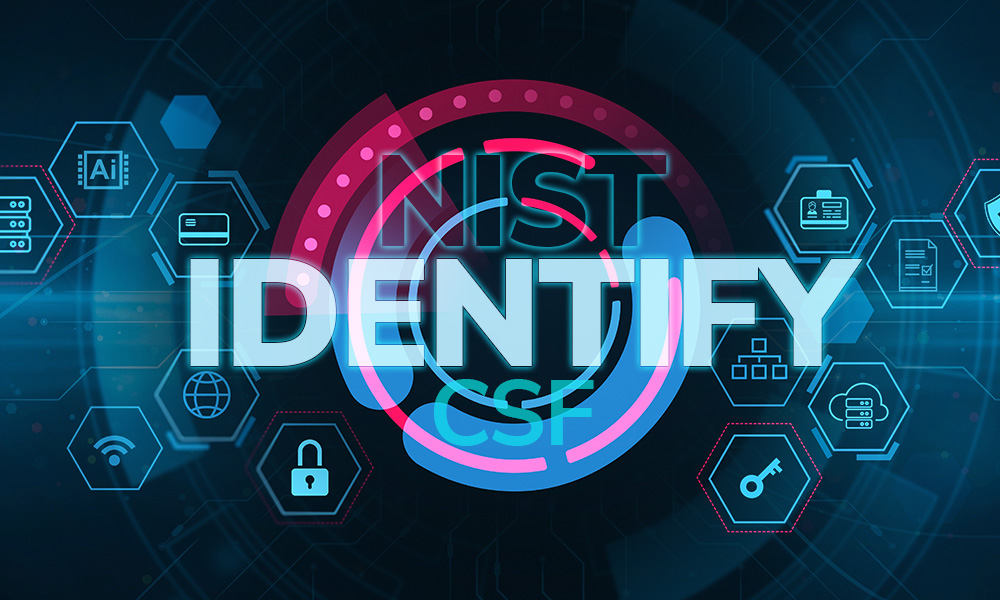NCSC Cyber Incident Exercising Scheme
As an approved Cyber Incident Exercising (CIE) Assured Service Provider under the National Cyber Security Centre (NCSC) scheme, URM is ideally and uniquely placed to assist you with your cyber incident exercising. Through the scheme you can be assured that URM meets the NCSC’s rigorous standards for developing and delivering high quality cyber incident exercising, possessing the required skills and experience of creating bespoke and structured cyber incident exercises.
The NCSC CIE scheme, which is administered by IASME, focuses on the development and delivery of two types of cyber exercises:
- Tabletop – this is a discussion-based exercise where URM designs a scenario developed from information gathered about your organisation, and where participants respond to a developing situation, escalating over time, as they would in a live incident in line with your organisation’s incident response plan.
- Live-Play – this type of exercise involves participants carrying out their roles and responsibilities in close to real time and in response to a controlled feed of information, representing a pre-agreed scenario designed by URM and agreed with your organisation. Typically, URM delivers live play exercises with mature organisations looking for in-depth validation of plans.
The exercises are designed to simulate incidents which have a significant impact on a single organisation. The scheme does not cover category 1 and category 2 incidents, as defined by the UK cyber incident categorisation system.
APPROVED CYBER INCIDENT EXERCISING (CIE) ASSURED SERVICE PROVIDER

- CIE Assured Service Providers have been assured by the NCSC to develop and deliver controlled, scenario-based, tailored exercising that conforms to the NCSC CIE Technical Standard. These exercises are delivered for organisations that want to practise, evaluate, and improve their cyber incident response plans in a safe environment.
- Cyber Incident Exercising. The NCSC's Cyber Incident Exercising (CIE) scheme gives customers confidence that CIE Assured Service Providers meet NCSC standards for high quality cyber incident exercising.
Get in touch
Please note, we can only process business email addresses.
Why URM?
URM is ideally placed to assist your organisation with your cyber incident exercising due to the unique combination of exercising experience and cyber expertise. Since its formation in 2005, URM has been developing and facilitating incident response exercises. Our team of incident management and cyber specialists is hugely experienced and skilled in devising challenging, original and appropriate scenarios which will exercise and validate your incident response plans. Working closely with you, we will ensure the scenarios are realistic, have clear objectives in terms of raising awareness, assess how well participants understand the plans, as well as their own roles and responsibilities and how they work collectively as a team. URM has worked with a wide range of incident management teams as part its exercising and with different areas of focus, from assessing the capabilities of senior management to IT teams, measuring the effectiveness of communication and identifying gaps between actual and expected time to recover.
One feature of our exercising over the last 10 years has been the increasing number of cyber-related exercises we have developed, addressing such threats as malware attacks, ransomware incidents, data breaches and phishing attempts. This is an area where URM is able to excel by virtue of its cybersecurity knowledge supported by our CREST accreditation. Our Technical Team possesses a deep understanding of cybersecurity principles, current threats, and attack methodologies and, as such, is able to develop exercises which are both cutting edge and highly realistic.

NHS Cyber Security Open Letter: What Does it Mean for Suppliers?
URM’s blog explains the recent open letter to suppliers issued by the NHS, what it means, why it matters, and the practical steps you can take to prepare.

URM’s blog unpacks the Identify Function of the NIST CSF, providing a detailed breakdown of its requirements and what you need to do to meet them.

URM’s blog explores the importance of cyber resilience & the steps organisations can take to prepare for and mitigate the impact of a cyber incident.

URM’s blog explores common weaknesses in organisations’ security programmes, & outlines practical, cost-effective measures to reduce the likelihood of a breach
